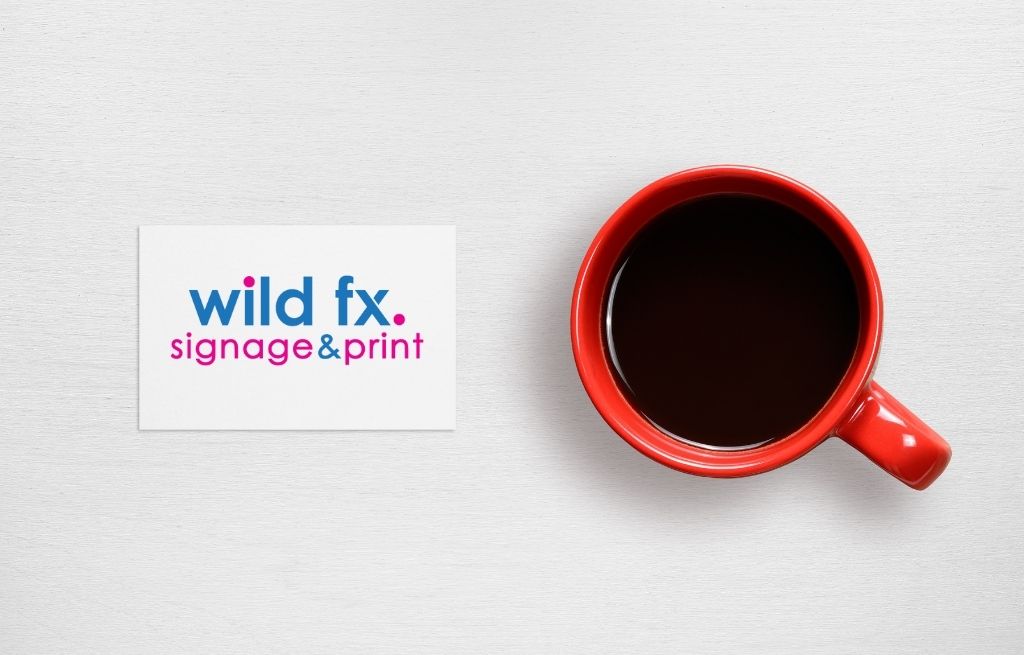If you spend any time in marketing circles or reading about marketing, you will bump into the word “branding”. Branding is one of those concepts that is a bit vague, at least for the non-marketer small business owner. So today we’re going to look at “what is branding” from the small business perspective.
We’re also going to tackle whether branding should matter to small businesses — or whether it’s something only large corporations should or can afford to care about.
What is Branding?
There are thousands of definitions of “branding” or just plain old “brand.” One of the best definitions of brand would be “what sticks in your mind associated with a product, service, or organisation — whether, at that particular moment, you bought or did not buy.”
That seems a good informal way to describe a company’s brand. Under that definition, many things can contribute to a brand.
Does a picture pop into your mind about a company, such as its logo or colours?
Think about the logo, such as Coca-Cola — recognisable the world over, executed in its distinctive curvy script in white against red. And when you see it, do you imagine the effervescence of a Coke, the dark colour or how it tastes?
All those things may run fleetingly through your mind when you want something to drink.
So, when you ask “what is branding” — it is something that triggers associations in our minds. Branding is about creating an identity. It’s what sets one company apart from another. In short, it tells us what we can expect from that company. It’s about the perception people have of the company.
Branding (a verb) is doing those activities and communications, large and small, that create and reinforce a brand, i.e., what a company is known for.
Your brand (a noun) is all the elements that make up a brand, whether logo, packaging, colours, reputation for customer service, reputation for customising customer orders without complaint, speed, self-serve options, low price, high quality — whatever.
The Value of Branding
Brand is what creates customer loyalty. Keeps consumers loyal and buying repeatedly.
I would agree with that… but….
I’d go further. Branding is what helps a prospective buyer call to mind a company when it comes time to buy. In other words, branding also helps with awareness.
In a world of infinite choices, branding that helps people remember YOUR company is more important than ever. Today consumers have a seemingly endless choice of retailers, products and services available at their fingertips online, or at the local strip shopping centres or shopping malls.
If consumers are shopping for something, what do they do? Go to Google, where billions of Web pages and yellow page listings are available.
Not only are there many choices, but some of the decision factors that traditionally separated and defined companies are today transparent and without much difference. Take, for example, pricing. Pricing is easier to discover and compare than ever before. In certain industries there may be very little price difference.
When all prices are the same, what makes the buyer choose one over another? Nuances and qualitative factors may make the difference.
For small businesses, what sets apart the business may be factors such as high quality, craftsmanship, personalised customer service, superior knowledge to help customers make the proper product selections, and similar qualitative factors.
The challenge for some small businesses is how to get customers to think of them when it’s time to buy. You don’t want your company to be nonexistent in the customer’s mind.
And if they see your brand name in a list of competing vendors (such as in a search engine), you want your brand to be associated with positive factors that make it stand out.
Branding is not a replacement for sales or specific marketing campaigns. But branding assists and reinforces your sales and marketing efforts in important ways.
But… We Can’t Afford too
You can’t afford not to. Sure, branding can get incredibly expensive if your idea of branding is a nationwide television and print campaign. But it doesn’t need to be.
Remember, branding isn’t just for large corporations. When customers have seemingly endless choices, branding becomes a crucial competitive edge. That’s the value of branding for small businesses.


Leave A Comment